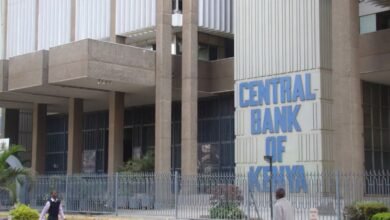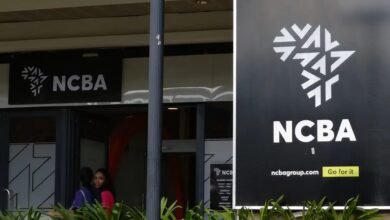
The Supreme Court of Kenya delivered a ruling on 19 May 2022 in Motion No. 15 of 2021 Barclays Bank of Kenya Limited (ABSA Bank Kenya PLC) vs The Commissioner of Domestic Taxes (Large Taxpayers Office) on an application for leave to appeal to the Supreme Court on withholding taxes on fees paid out to card companies.
The orders were sought on the basis that the intended appeal involved matters of general public importance.
The Court of Appeal in Nairobi in Civil Application (Sup) E005 of 2020 ABSA Bank Kenya.
The Commissioner of Domestic Taxes held that the transaction fees paid out to card companies by ABSA Bank Kenya P amounted to royalties hence subject to Withholding Tax (WHT) under the Income Tax Act (ITA).
The Court of Appeal also held that interchange fee allocated by Barclays Bank to an issuing bank fit within the definition of management or professional fees in the ITA hence subject to WHT.
The Applicant being dissatisfied with the judgement of the Court of Appeal sought leave from the Court of Appeal to appeal to the Supreme Court. However, the Court of Appeal dismissed the taxpayer’s application finding that the case did not involve a matter of general public importance.
The Applicant filed an application before the Supreme Court to review the Court of Appeal’s ruling. In its ruling the Supreme Court noted that under Article165(5) of the Constitution it has power to vary the decision taken by the Court of Appeal.
Further under Rule 33(1) of the Supreme Court Rules, a party aggrieved with a finding of the Court of Appeal certifying or declining to certify a matter as one of general public importance can apply for review to the Supreme Court within 14 days of the delivery of the ruling by the appellate court.
The Supreme Court highlighted that for a matter to be certified as one of general importance, the applicant must demonstrate that there is a legal question, the subject matter of which transcends the present litigation.
Issues of controversy that emerge from transitional political-economicsocial-cum-legal factors, with impacts on current rights and entitlements of suitors, or on public access to common utilities and services, will merit a place in the category of matters of general public importance.
In granting leave to the applicant, the Supreme Court held that question of whether such payments made by banks to card companies constitute royalties and whether interchange fees paid by banks are classified as management or professional fees liable to taxation and subject to withholding tax is an important one within the banking industry and thus a matter of general public importance.
The ruling is welcome as it provides a precedent for taxpayers litigating industry wide tax issues to access the apex court for final determination and clarity. The Supreme Court will now have an opportunity to weigh in on the long-standing dispute and will have a chance to offer clarity on the WHT treatment of card payments and interchange fees.
By PwC





